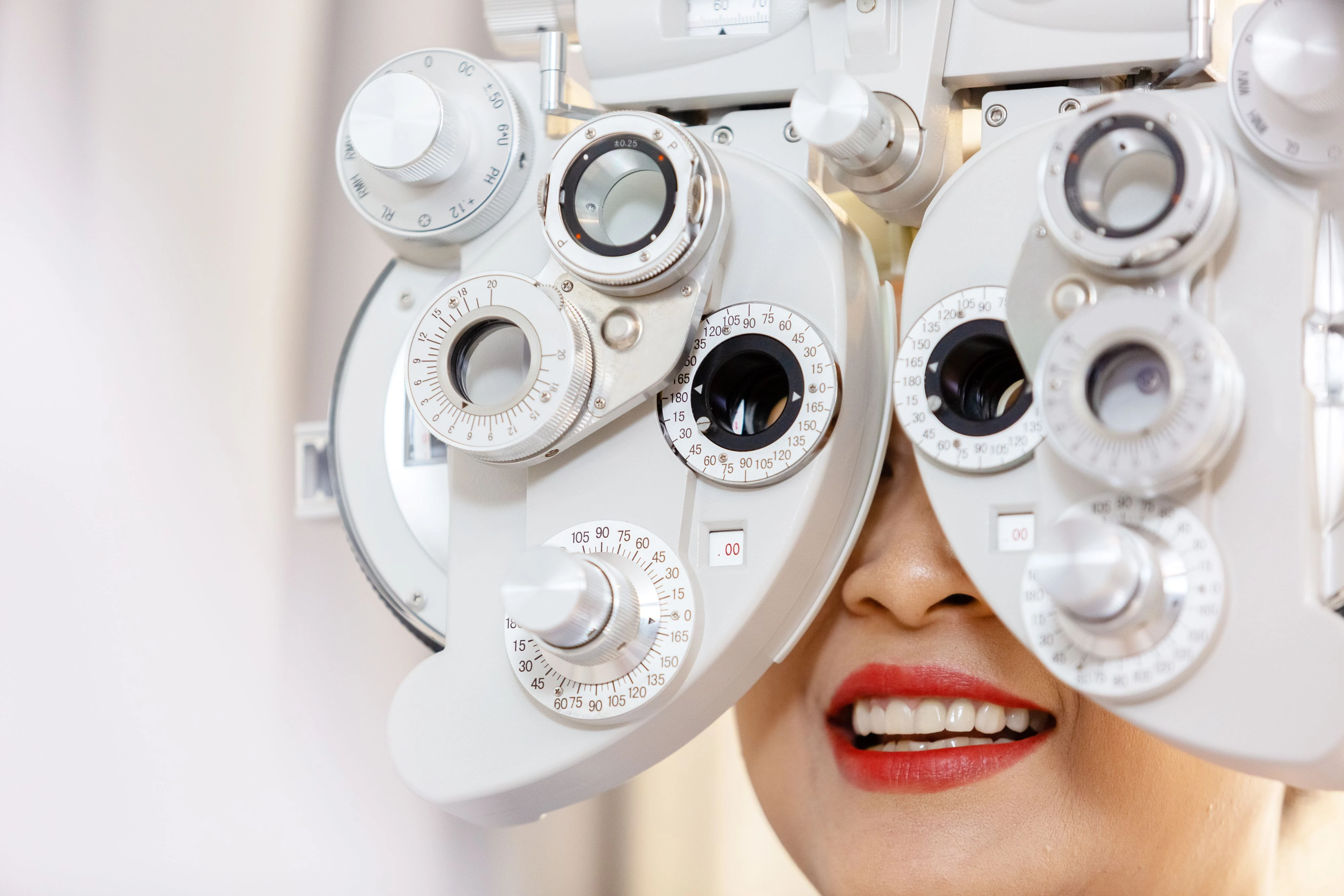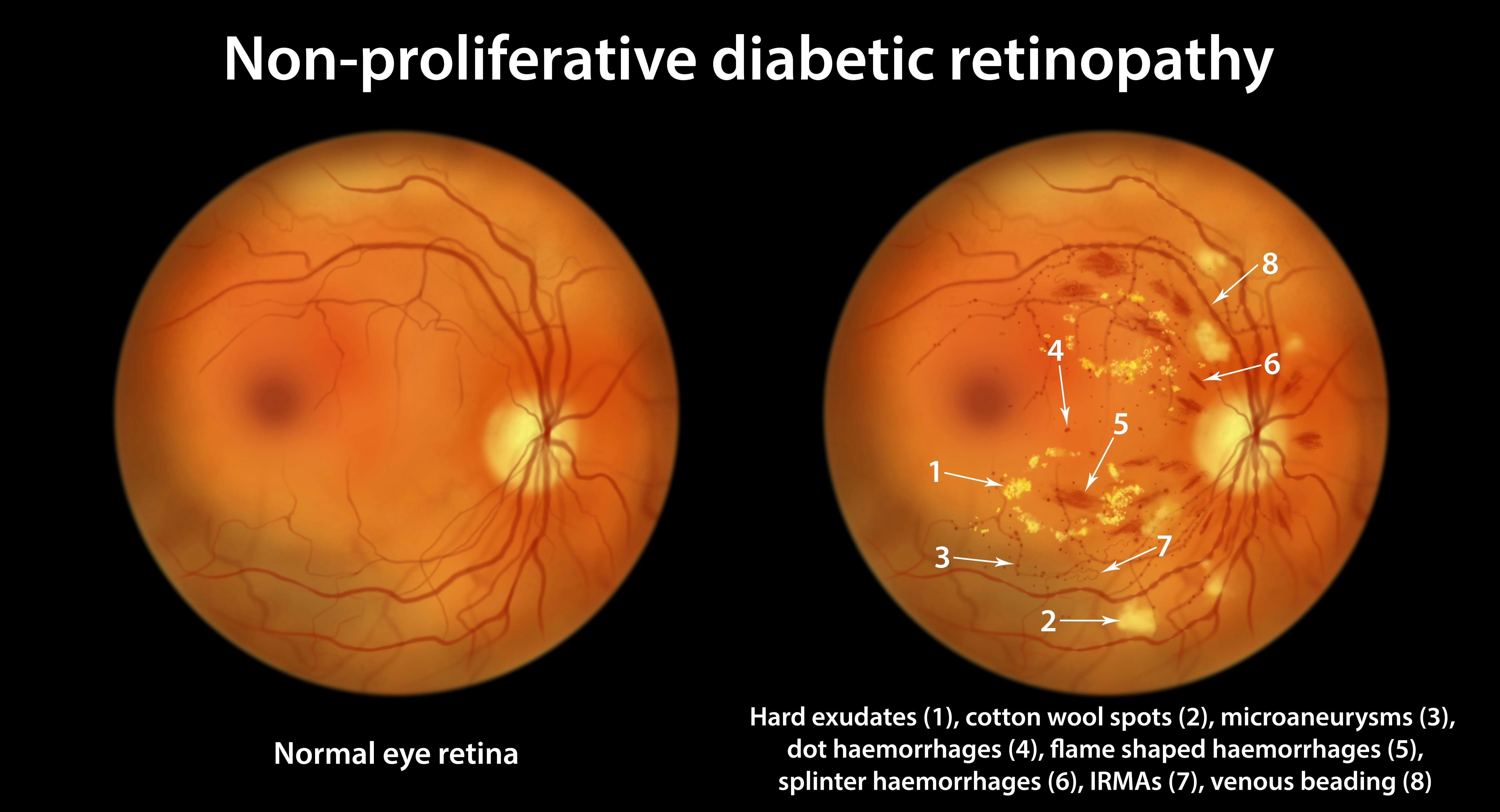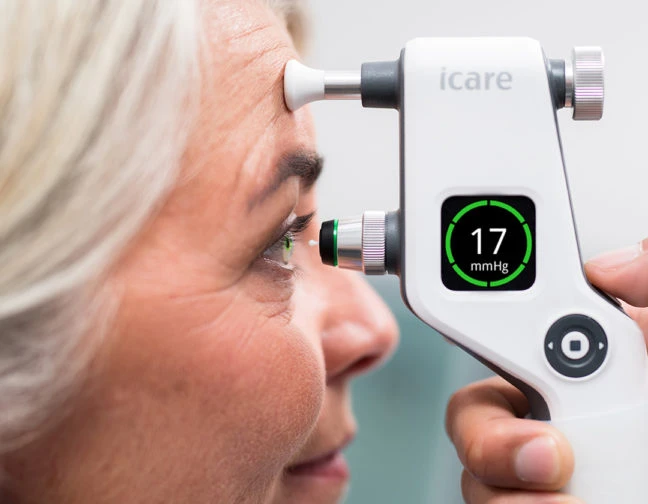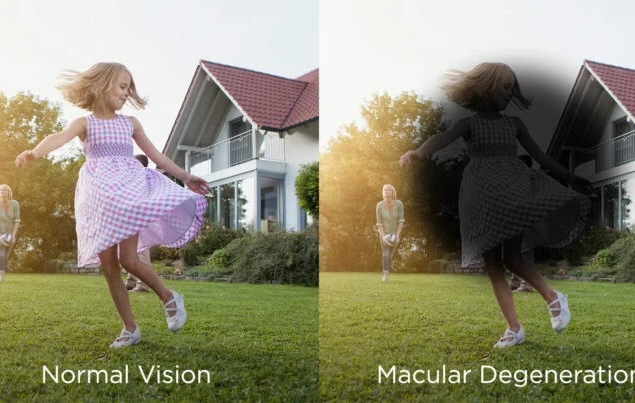
Services we are proud to offer

Comprehensive Eye Exam
Preventative and routine eye exams are important to maintaining good eye health. Often, eye and vision problems do not have obvious symptoms or signs, but are easily diagnosed by a licensed optometrist. By diagnosing eye and vision conditions early on, our optometrist is able to provide treatment options and, in many cases, restore vision or prevent vision loss. The American Optometric Association recommends yearly or bi-yearly eye and vision exams, depending on whether you are at-risk* or not.
*People over 65 or suffer and/or have a family history of diabetes, glaucoma and AIDS/HIV.

Diabetic Eye Evaluations
Diabetes can harm your eyes. It can damage the small blood vessels in your retina, the back wall of your eyeball. This condition is called diabetic retinopathy.
Diabetes also increases your risk of glaucoma and other eye problems.
You may not notice that your eyes are damaged until the problem is very progressed. Your Optometrist can catch problems early with regular eye exams. The early stages of diabetic retinopathy don't cause changes in vision and you won't have symptoms. Only an eye exam can detect the problem, so that steps can be taken to prevent vision loss.
Annual exams are ideal for anyone with diabetes, but we may want to see you more frequently. Everyone’s eye health is unique, and our optometric physician will recommend an appropriate examination schedule for your needs.

Dry Eye/Ocular Surface Disease
Dry eye disease (DED) is a common condition that occurs when your tears aren't able to provide adequate lubrication for your eyes.
Reasons for tear film dysfunction are many, including hormone changes, autoimmune disease, inflamed eyelid glands or allergic eye disease. For some people, the cause of dry eyes is decreased tear production or increased tear evaporation.
If left untreated DED can lead to:
- Eye infections
- Eye inflammation
- Corneal abrasions or ulcers
- Vision loss
- Difficulty reading, driving, or doing other things that require good vision
Treatments can include lifestyle changes and eye drops. Experiencing continual eye irritation indicates the need for professional eye care. Our optometrist will isolate the cause of your DED and use their expertise to solve the problem.

Glaucoma
Glaucoma is a leading cause of preventable vision loss and blindness in older individuals in the United States and Canada and the second leading cause of blindness in the World, even more than macular degeneration.
Glaucoma causes damage to the optic nerve due to an increase in pressure inside the eye, which is called intraocular pressure (IOP). When detected in the early stages, glaucoma can often be controlled, preventing severe vision loss and blindness. However, symptoms of noticeable vision loss often only occur once the disease has progressed. This is why glaucoma is called “the sneak thief of sight”. Unfortunately, once vision is lost from the disease, it usually can’t be restored.
Treatments include medication or surgery that can regulate the pressure in the eye and slow down the progression of the disease to prevent further vision loss.

Macular Degeneration
The macula on the retina provides sharp, central vision. The breakdown of the macula is a disease called macular degeneration, and can be serious. Untreated macular degeneration is one of the leading causes of blindness in those over 65 years old.
While researchers have not yet discovered a cure for age-related macular degeneration (ARMD), there are treatment options which prevent the disease from progressing to blindness, and in some cases, they can even improve vision. It’s important to have an open discussion with your eye doctor about the risks and limitations of ARMD treatments.
.

